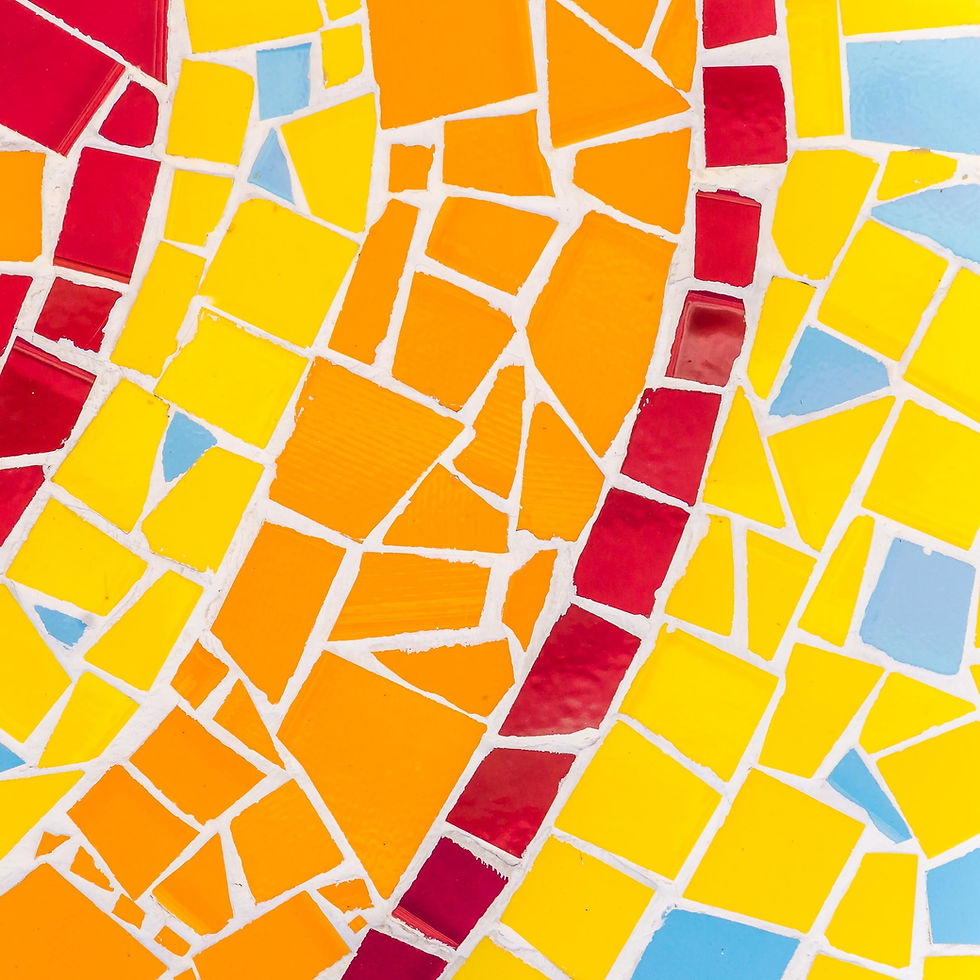My Thoughts about Making Electronic Music
- djSwade

- Jul 3, 2021
- 2 min read
Updated: Aug 19, 2023
Let's start with the basics. What is electronic music? dictionary.com defines it as "electronically produced sounds recorded on tape and arranged by the composer to form a musical composition." That's pretty general, and the reference to tape makes it a bit dated, but I think it's a good working definition.
I can certainly make my own music by singing, playing guitars, drums, etc. Still, I've also become increasingly fascinated with the idea of making music using electronic loops and samples. When I was a kid, I remember getting The Beatles (the White Album) for Christmas. Though I got it about ten years after the initial release, it was brand new to me, full of wonders. I listened to the album, captivated, until about halfway through Side 4, when I encountered this incomprehensible mess of sounds, "Revolution 9." I listened to the entire track, mesmerized and filled with dread. I think the dread came from all the strange and jarring sounds, hard to distinguish because there were so many layers.
At the time, I remember thinking to myself that I probably wouldn't be listening to "Revolution 9" again, at least not for pleasure, and I haven't. Still, the piece got me thinking about the idea of layering a collage of sounds n a coherent manner to create a unique work that was intriguing and listenable. So, I started looking for examples that embodied this idea. I found them to varying degrees throughout The Beatles' body of work, as well as the work of many other artists in various genres.
Which brings me back to today. Over the past year, I've had time to revisit that idea and take it a little further. It's led me to composing songs with loops, samples and other musical "ingredients." It may sound easy, but, just like anything else, if you throw a bunch of crap together, the result will be accumulated, perhaps exponential, crap. So, just like picking the best rhythm guitar track or vocal take for a song, it is critical to pick the quality loops that fit the context of the music. It is also imperative that you fit together the various pieces in a way that conveys and honors your overall musical vision. Otherwise, you end up with "Revolution 9" (with apologies to John, Paul, George and Ringo). In the end, if you have a good musical sensibility, the "ingredients" will combine to produce something of quality that is worth listening to.
Whether you produce the "sounds" directly from a musical instrument, record them from the source (think dogs barking or the ocean roaring) or obtain them from a third party (legally of course), it's the end product, the result of your creative vision, that is the art. That was my guiding principle in composing Audiostrata, my first electronic album.





🥰🥰🥰